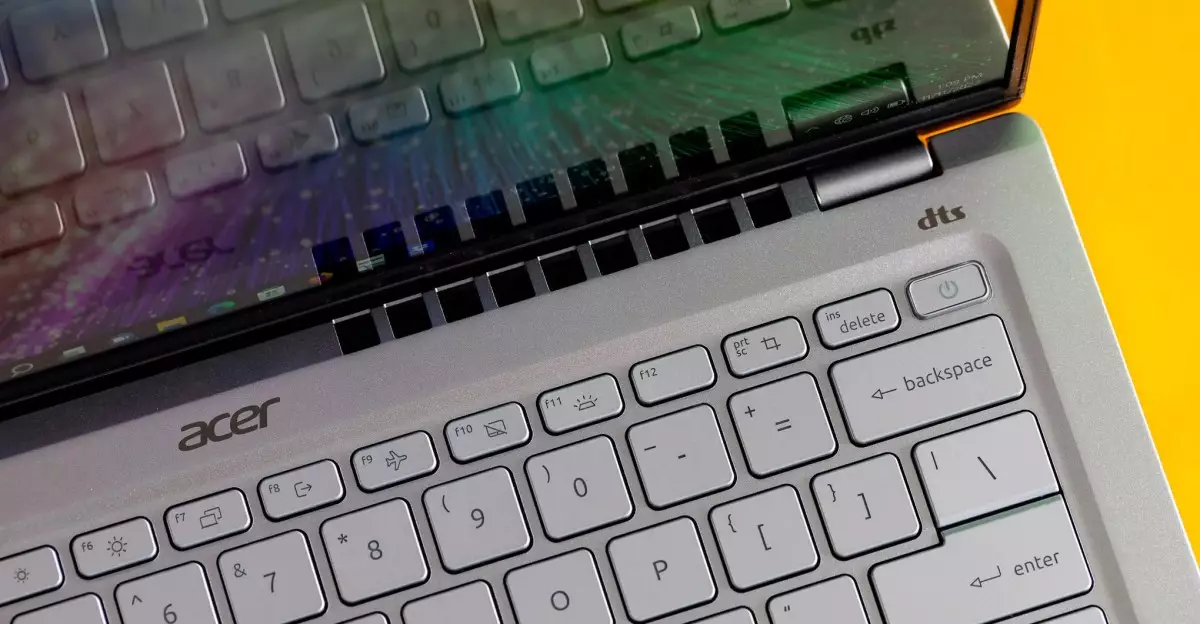In today’s global economy, the interplay between trade tariffs and consumer pricing is becoming increasingly significant. Recently, Acer’s CEO, Jason Chen, suggested that consumers in the United States should prepare for a price surge on laptops due to the 10 percent tariffs implemented by the Trump administration on goods imported from China. This announcement has raised concerns among consumers about potential price gouging not just from Acer, but from competitors in the tech industry as well.
Chen stated that the default price increase on laptops would likely fall around 10 percent as companies adjust to the new tariffs, marking a significant shift in the landscape of laptop pricing. A key takeaway from Chen’s remarks is the acknowledgement that, while Acer might be one of the first to announce a price hike, other manufacturers may see this as an opportunity to inflate their prices further. The implications of these tariffs extend beyond simple supply chain adjustments; they may also create an environment where price gouging could become rampant.
The Manufacturing Landscape
Despite the impending price increases for laptops, Chen pointed out that the effects might be limited primarily to laptops assembled in China. He highlighted Acer’s proactive move to relocate its desktop manufacturing outside of China during previous tariff events. This adaptability is crucial in a market where the vast majority of laptops, including those from well-known brands like Apple, Dell, and HP, continue to rely on Chinese manufacturing. Thus, while some companies are exploring alternative manufacturing locales, it remains to be seen how widely these strategies will be implemented.
The article’s insights into the responses of competitors further complicate the landscape. Major players like Apple, Dell, HP, and Lenovo have remained conspicuously silent regarding their pricing strategy in light of the new tariffs. This silence may indicate either a strategic delay in their marketing decisions or uncertainty in how to navigate the impending tax increases. Interestingly, companies like Framework, which manufactures modular laptops, have indicated that their pricing strategy might remain relatively unaffected, yet they will take into account the tariffs for their components manufactured in China.
As consumers await these changes, many are left wondering how significant the impact will be on their purchasing decisions. The anticipated price increases may lead consumers to reconsider their buying patterns, potentially delaying new purchases until more stable pricing emerges. There is also the risk of creating consumer distrust in the market—a significant concern for brands that thrive on the loyalty and trust of their customer base.
The upcoming price adjustments in the laptop market, driven by tariffs, necessitate close scrutiny from consumers and industry experts alike. Acer’s admission of likely price increases, combined with the uncertainty among competitors, illustrates the potential for significant shifts in pricing behaviors and market dynamics in the tech industry. As the situation evolves, consumers will have to navigate a changing landscape that directly influences their purchasing decisions.

